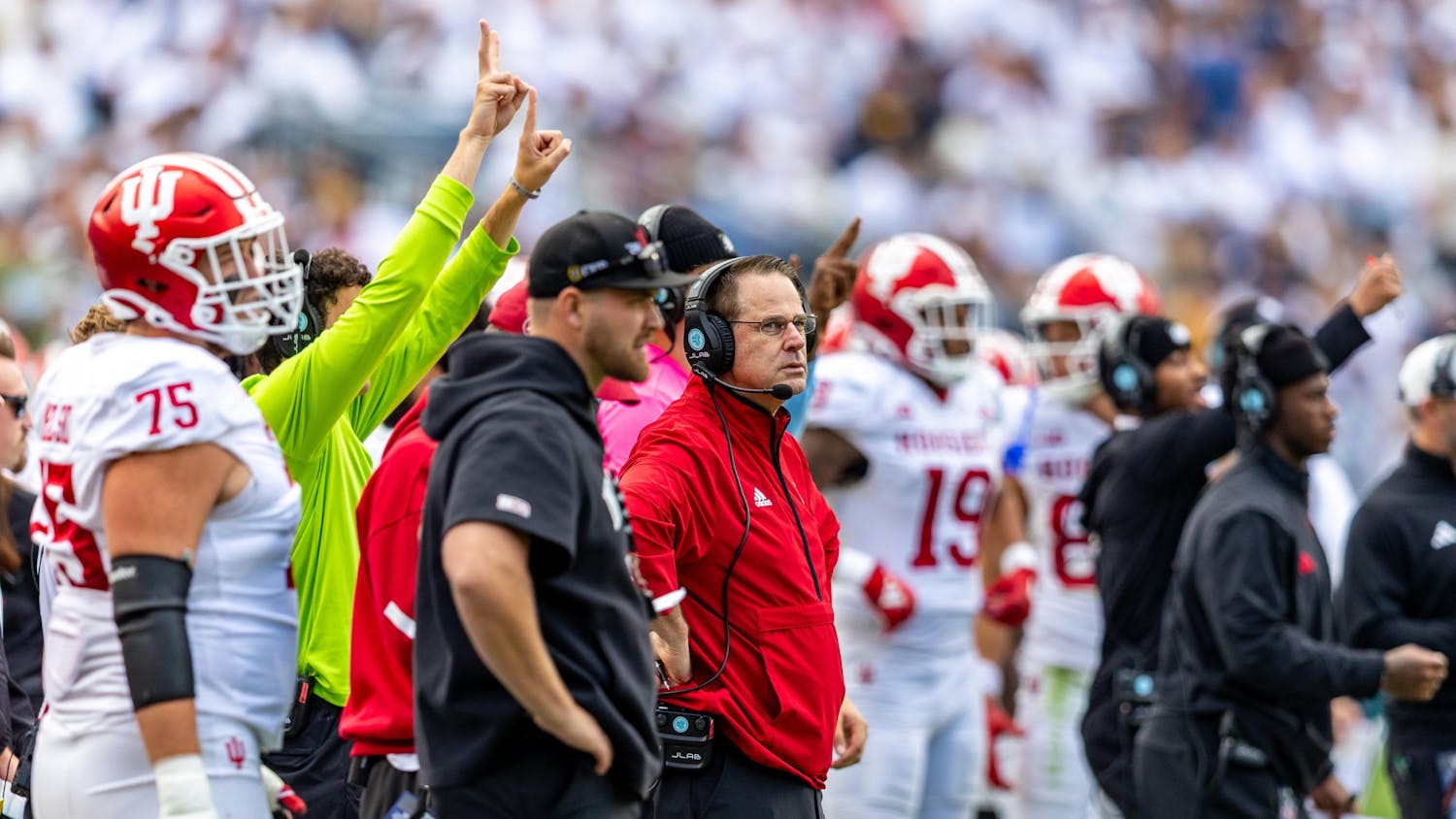Everything seemed to be business as usual in Paris-Orly Airport less than 24 hours after a gunman had been shot down in the middle of its security.
Security was light, with only two or three lines moving swiftly in and out. I was still accosted by the security woman for having a slightly too large tube of toothpaste but still weaseled through, though my teeth were now in danger of losing their shine. Shops advertised high-class apparel and discount portable chargers, vendors standing outside enticing you in.
Nope, nothing strange going on here.
Leaving for the airport, I had expected to face heightened security with responses of extra body checks and strict bag checks — what I would say is a typical American response.
Instead, the French did not seem perturbed. The question of which response is the right one is tricky, but it seems to be typical based on similar attacks. It appears less the attention paid to an attack will only have a lasting effect on a European country the larger the scale of the attack. The news cycle grows tired, and initial coverage is growing slimmer.
This past week, I was on a field trip with my photography class when the news of the UK parliament attack broke. The initial response from most of my classmates was a shake of the head and an equivalent to an “aw shucks,” and then kept taking pictures. The impression was fleeting, the situation normalized.
The same day as the London attack, 33 civilians were reportedly killed in the town of Mansoura, Egypt, according to CBS, in a strike that hit a school last Wednesday by an allegedly United States-led coalition targeting northern Syria.
How to avoid normalizing tragedy is an ongoing internal battle. How to avoid letting it shake a people is another.
The biggest struggle is finding the line between the two. There is something to be said for the resilience of every country that has been affected by a terror attack, claimed by the Islamic State group or not.
As media producers, we begin to normalize these attacks in these major hubs of Europe, but we’re already there when it comes to attacks in countries like Syria which suffers from civilian casualties as troops attempt to drive out ISIS.
There has been little to no media coverage of this attack. If I hadn’t have stumbled upon it on my Twitter timeline due to a Twitter follower of mine, I never would have known either.
A social media algorithm shouldn’t know more than me. We should know about these attacks. They happen every day and are sometimes U.S.-led in the attempts of driving out the Islamic State group from civilian areas and other times from the Islamic State themselves.
When we normalize the tragedies of our community, we are no longer a true community. We are isolated. We are complacent. We are no longer just ignorant, at this point we’re inconsiderate. We’re harmful.
The media is beginning to dedicate more funding and time to the coverage of the refugee crisis and re-dedicating time overseas, as the New York Times made a pledge last November to report world news more accurately.
This pledge not only needs to be seen through but spread within media outlets everywhere. We need to dedicate ourselves to informing each other about the world around us, even if it may not directly affect us. Even if it makes us uncomfortable, comfort is for the ignorant. We are better than comfortable.





